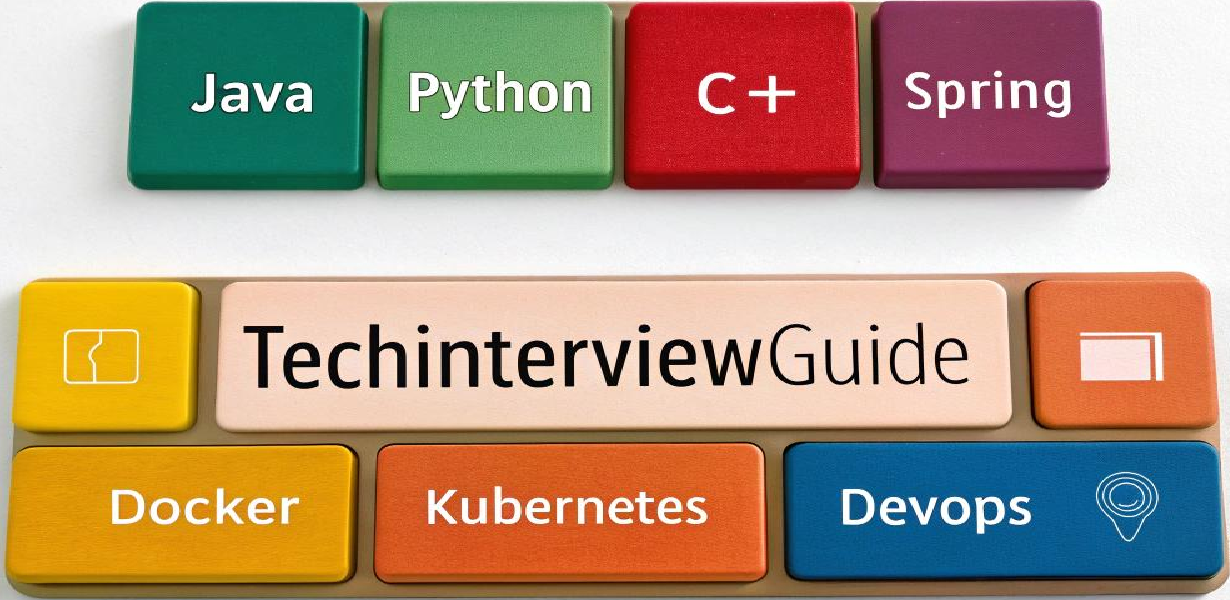How Do You Collect Results from a Stream into a List in Java?
In Java, collecting results from a Stream into a List is an essential operation in data processing. With Java’s Stream API, this task becomes simple and efficient. This guide covers how to use the collect() method and Collectors.toList() to gather stream elements into a List, with detailed code examples and explanations.


